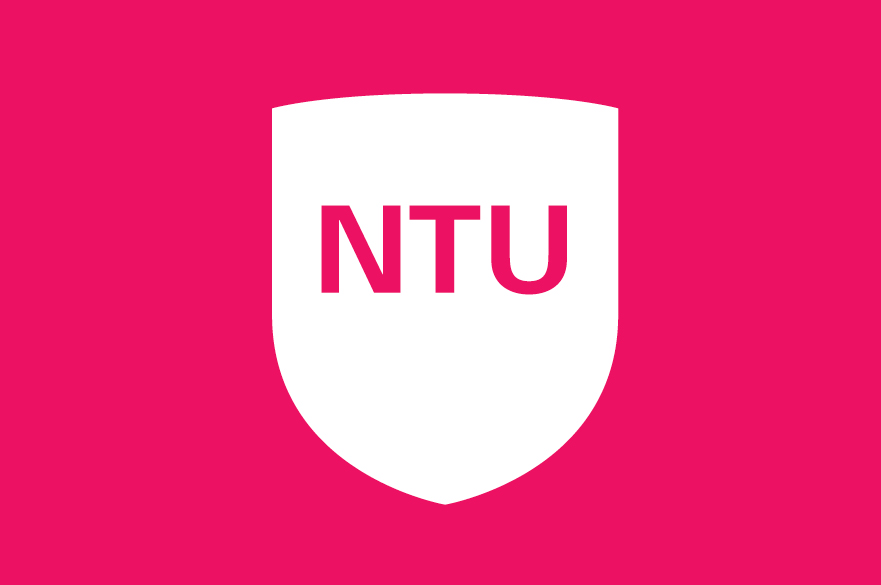Overview
Digital transformation results in innovative business models that lead to value creation for firms. It encompasses three important phases: digitisation, digitalisation, and digital transformation. In today’s business environment, corporations are challenged to respond to new digital technologies that distort market boundaries and modify agent roles, such as customers becoming co-producers, competitors becoming collaborators, and horizontal or vertical integration, resulting in bypassing existing parties. Corporate governance (CG) plays a crucial role in delivering value to stakeholders and, with the increasing demand for corporations to navigate for a successful digital future. Governance must embrace uncertainty and growth, both within and beyond core operations. CG must oversee firm strategies that consider the required digital resources, organizational structure, growth strategies, and measurement metrics.
The board of directors needs to be effective in managing economic outputs and the risks associated with digital business systems. To meet the needs of complex digital business systems, boards need to have the right policies and procedures to create high-performance systems that have effective controls. The board of directors is expected to have the right expertise that enables them to have the acumen to lead and make decisions related to digitalisation. The board of directors should support all related accurate disclosures to increase transparency to stakeholders in assessing the digitalisation strategies undertaken by the firm. The board should also provide a comprehensive overview of opportunities, risk management, and related controls for managing digital business systems.
This project aims (but is not limited to).
- Explore how CG has changed to meet the needs of digitalisation (i.e. digitalised economy, AI, etc.) and overall digital transformation.
- Investigate how CG changes related to digitalisation and digital transformation have an impact on business operation/performance (both financial and non-financial perspectives).
- Examine the impact of corporate governance on disclosures related to digitalisation and digital transformation.
- Explore how CG provides an overview of the risks related to digitalisation (cybersecurity) and digital transformation.
Nottingham Business School is triple crown accredited with EQUIS, AACSB and AMBA – the highest international benchmarks for business education. It has also been ranked by the Financial Times for its Executive Education programmes in 2023 and 2024. NBS is one of only 47 global business schools recognised as a PRME Champion, and held up as an exemplar by the United Nations of Principles of Responsible Management Education (PRME).
Its purpose is to provide research and education that combines academic excellence with positive impact on people, business and society. As a world leader in experiential learning and personalisation, joining NBS as a researcher is an opportunity to achieve your potential.
Application deadlines
- Applications for the October 2025 intake close on 1st July 2025
- Applications for the January 2026 intake close on 1st October 2025.
Staff profiles
Entry qualifications
Applicants must hold a master’s degree in accounting, finance, economics, business, management, data/computer science, or a related field. We especially encourage candidates with strong quantitative skills in R or Python, though proficiency in other tools such as SPSS, Stata, or MATLAB is also highly valued.
UK: Successful applicants for the PhD in Nottingham Business School normally hold a first or upper second-class honours degree from a UK university or an equivalent qualification. Candidates with a lower second-class degree may apply if they hold a Master’s degree at Merit level or higher.
International: Successful applicants for the PhD in Nottingham Business School normally hold a first or upper second-class honours degree from a UK university or an equivalent qualification.
International students will also need to meet the English language requirements - IELTS 6.5 (with minimum sub-scores of 6.0). Applicants who have taken a higher degree at a UK university are normally exempt from the English language requirements. Applicants who do not meet the English language proficiency requirement will normally be asked to complete an English Language course.
How to apply
Please visit our how to apply page for a step-by-step guide.
- Applications for the October 2025 intake close on 1st July 2025
- Applications for the January 2026 intake close on 1st October 2025.
Fees and funding
This is a self-funded PhD project for UK and International applicants.
Guidance and support
Find more information about the NBS PhD Programmes, including entry requirements and application process.
About Nottingham Business School
Nottingham Business School is triple crown accredited with EQUIS, AACSB and AMBA – the highest international benchmarks for business education. It has also been ranked by the Financial Times for its Executive Education programmes in 2023 and 2024. NBS is one of only 47 global business schools recognised as a PRME Champion, and held up as an exemplar by the United Nations of Principles of Responsible Management Education (PRME).
Its purpose is to provide research and education that combines academic excellence with positive impact on people, business and society. As a world leader in experiential learning and personalisation, joining NBS as a researcher is an opportunity to achieve your potential.
